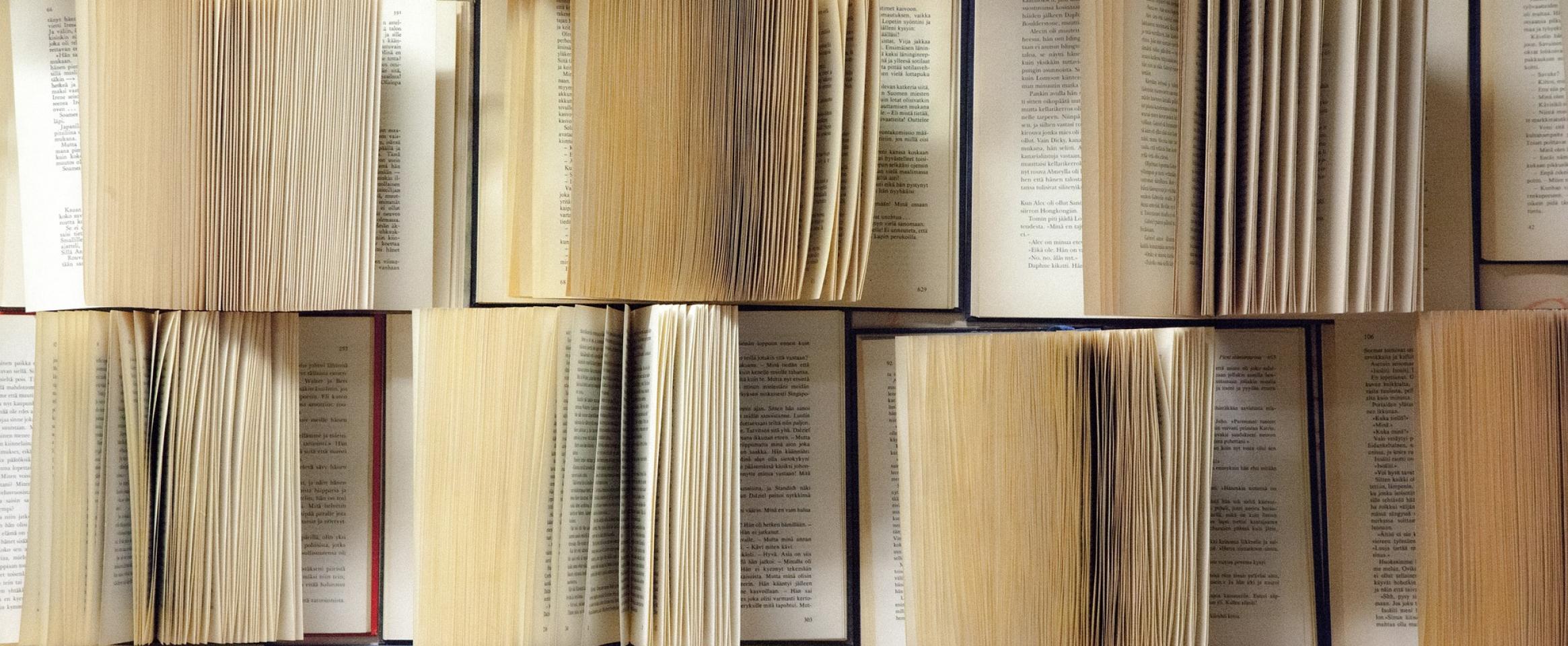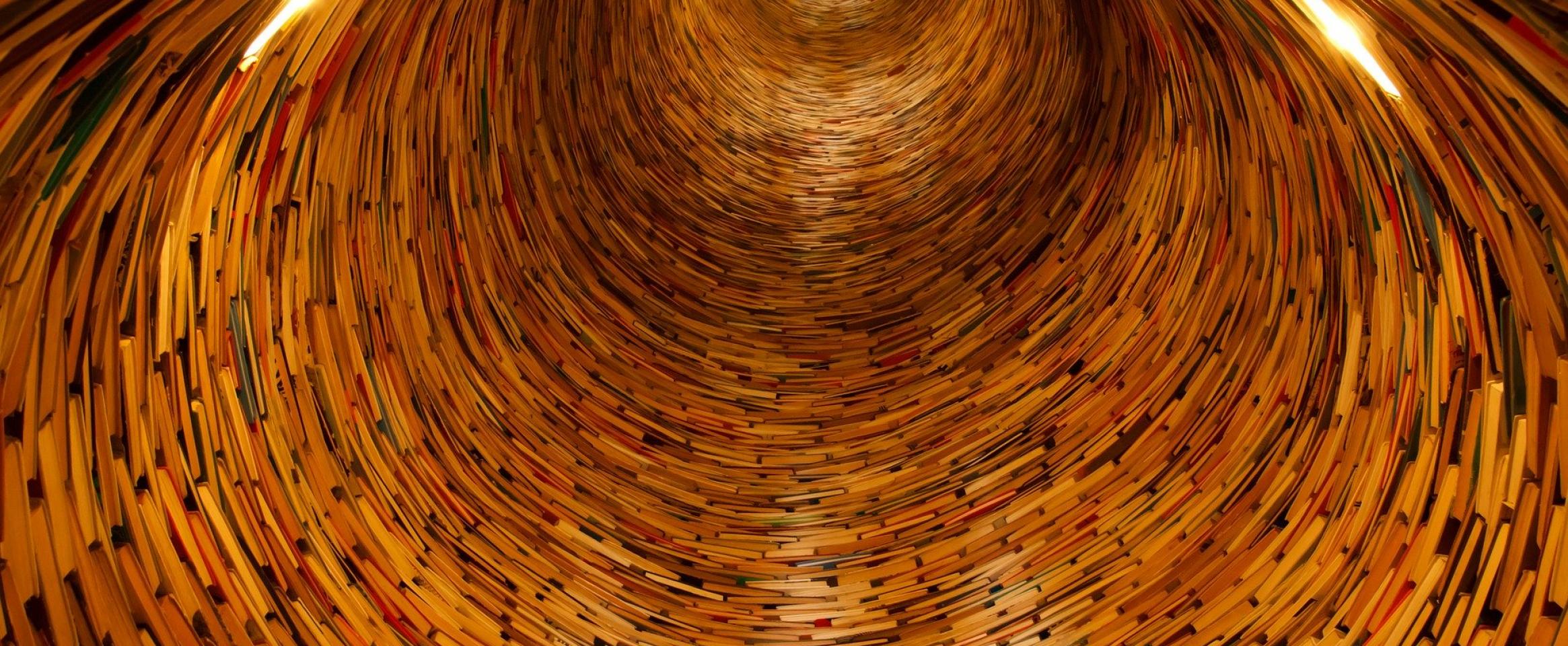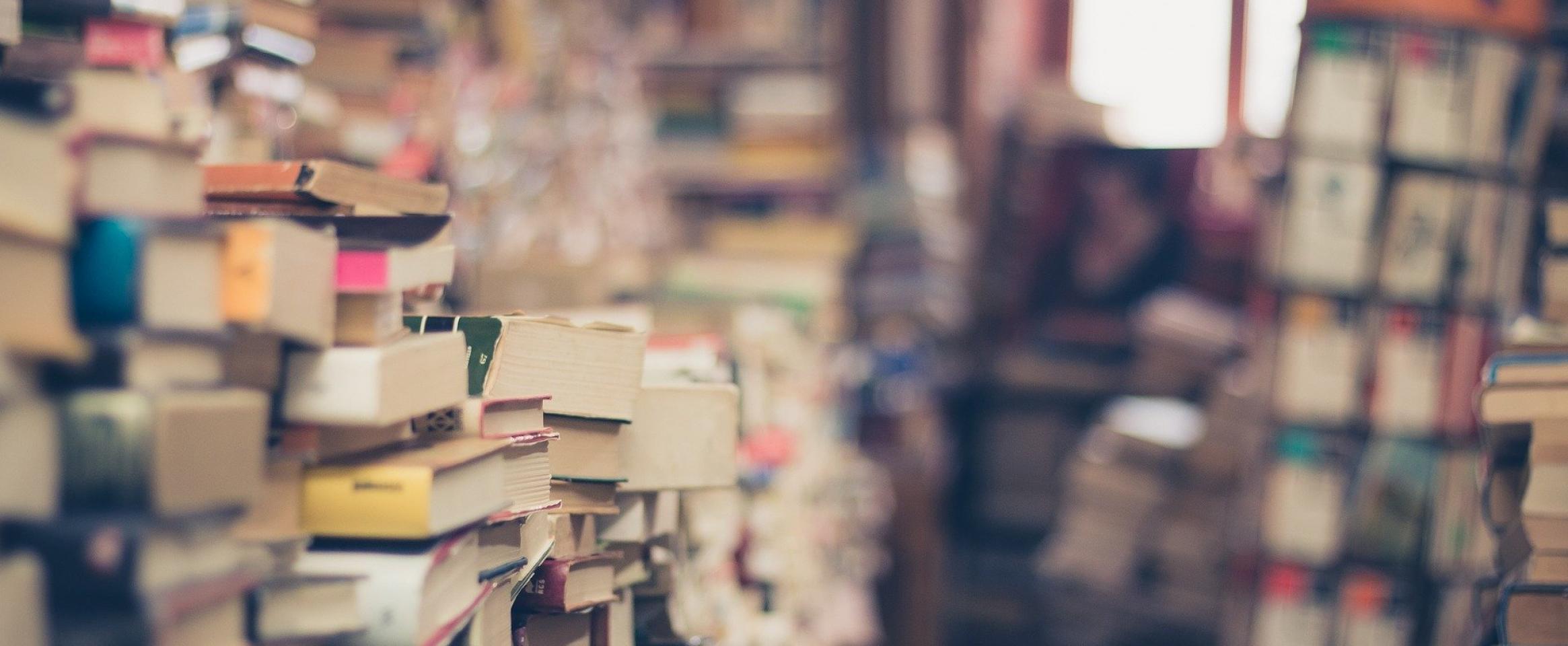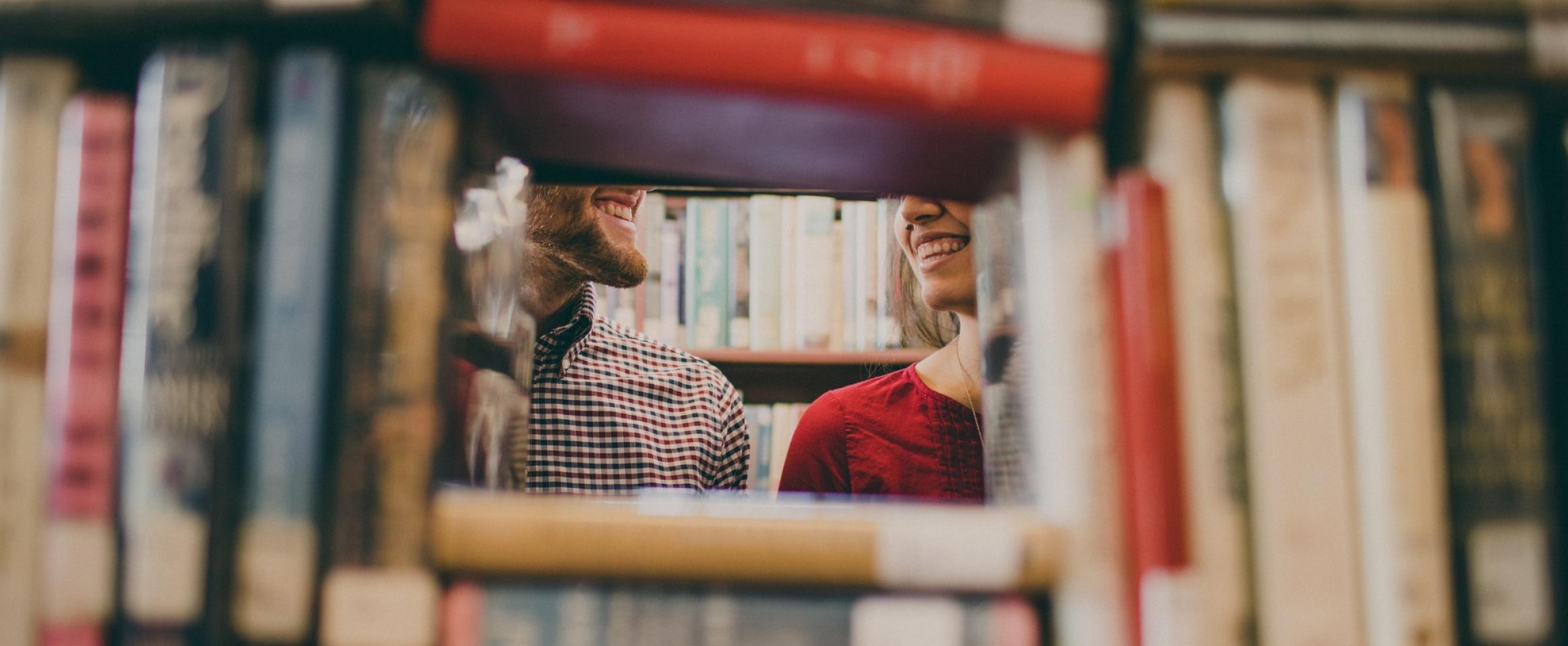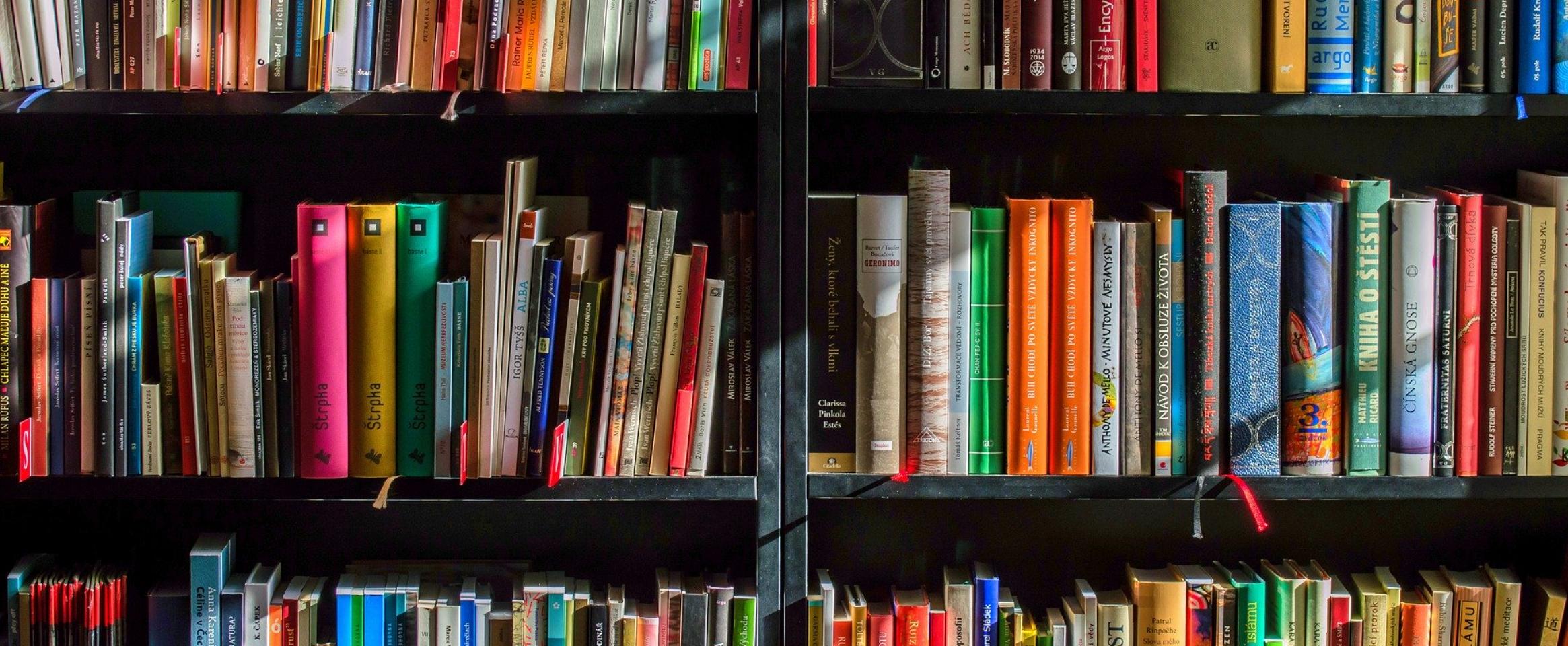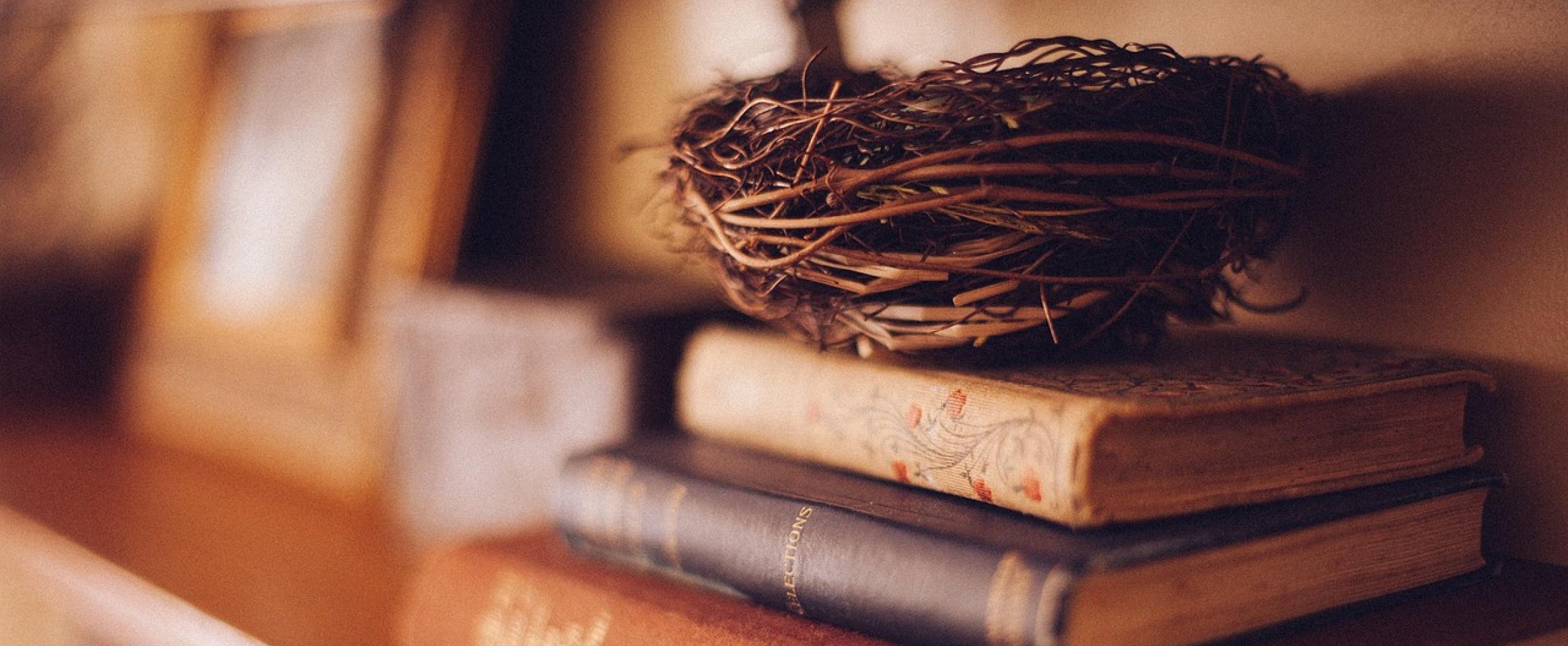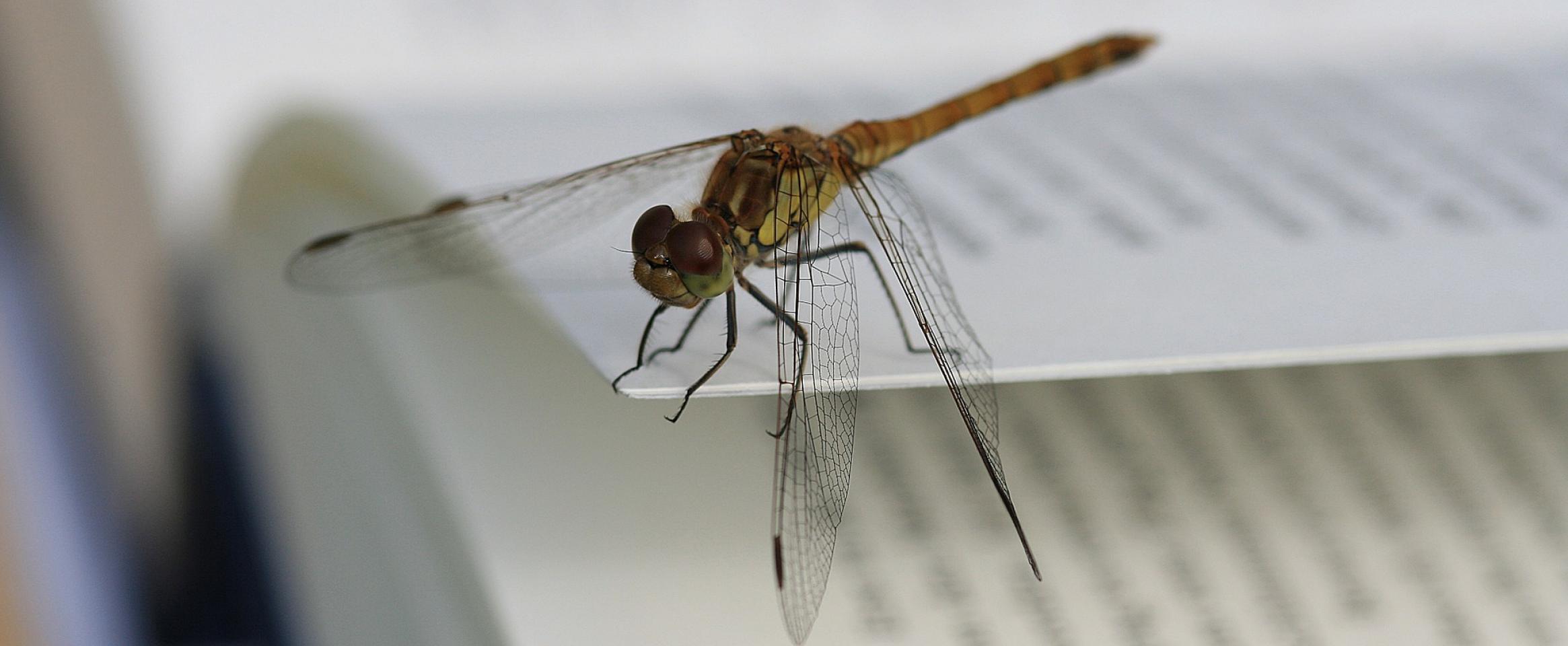
Kelly Brenner: Nature Obscura
Thousands of crows roost nightly in cold months at a Seattle parking lot. River otters, beavers, and muskrats thrive in city parks. Colonies of eight-legged water bears, microscopic animals aka tardigrades, may live on your roof. In Nature Obscura: A City's Hidden Natural World, Kelly Brenner offers a paean to the vast diversity of organisms urban dwellers can see and study close to home.

